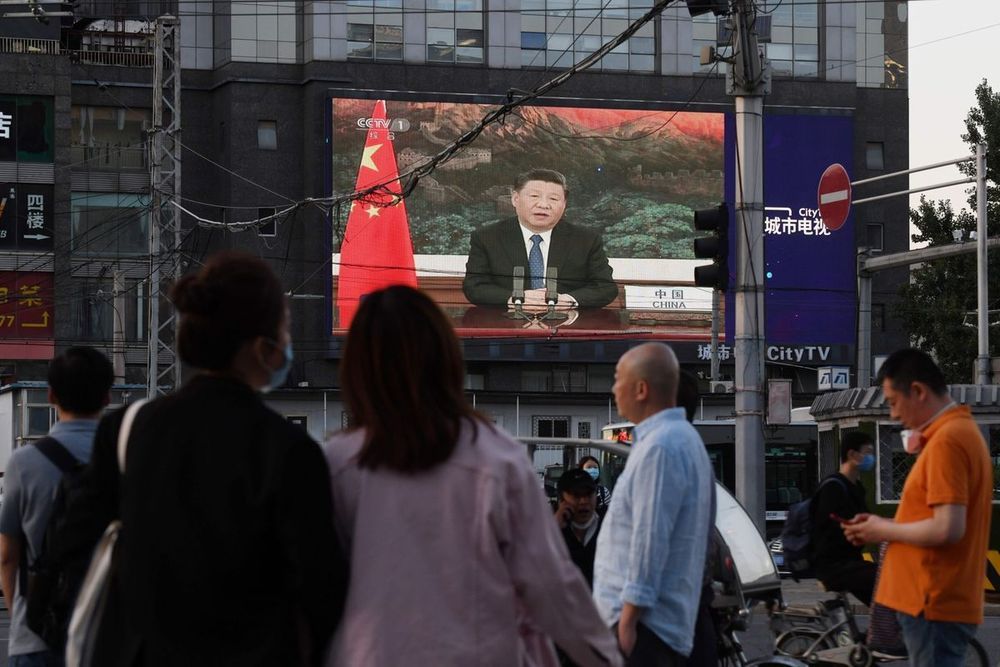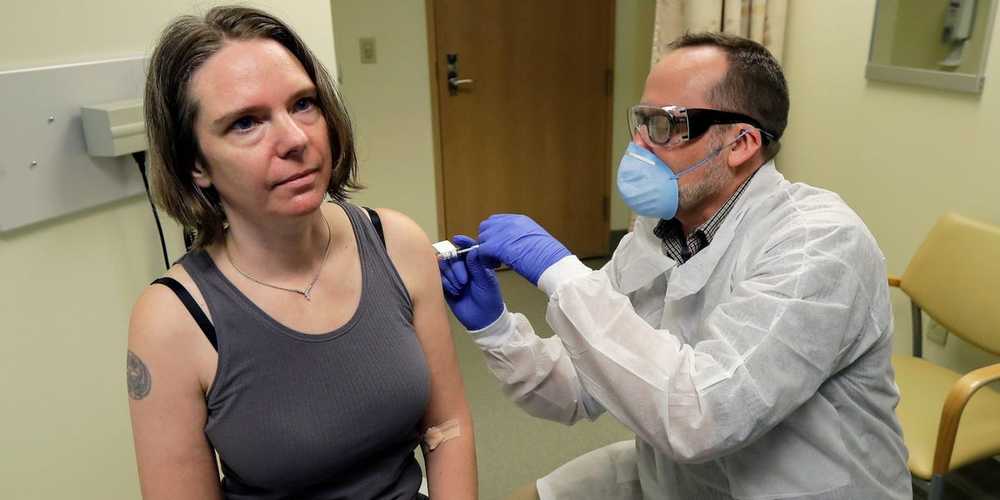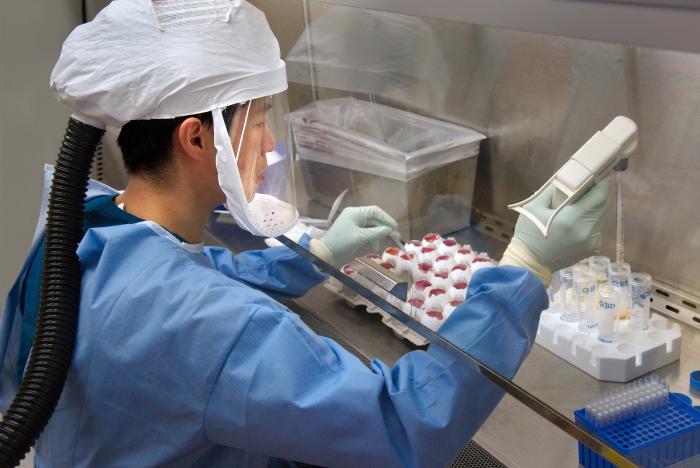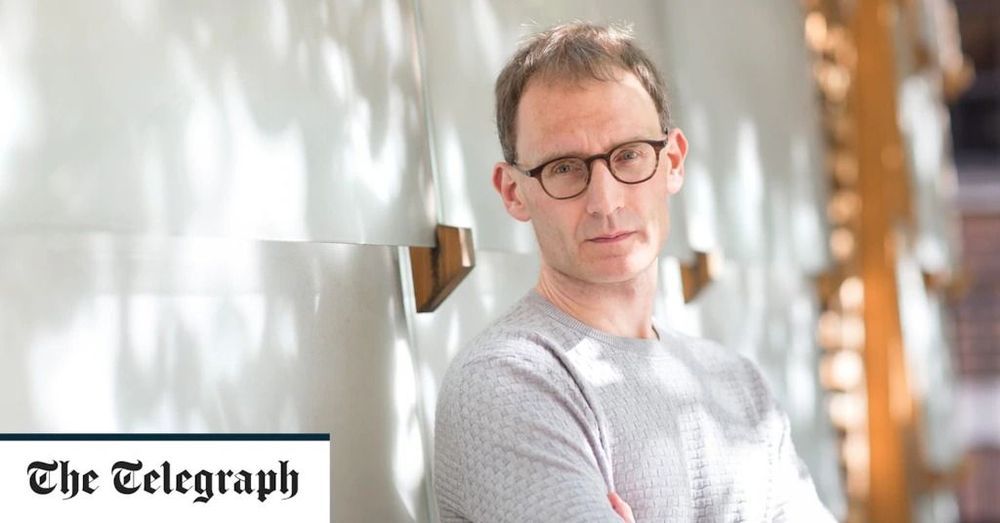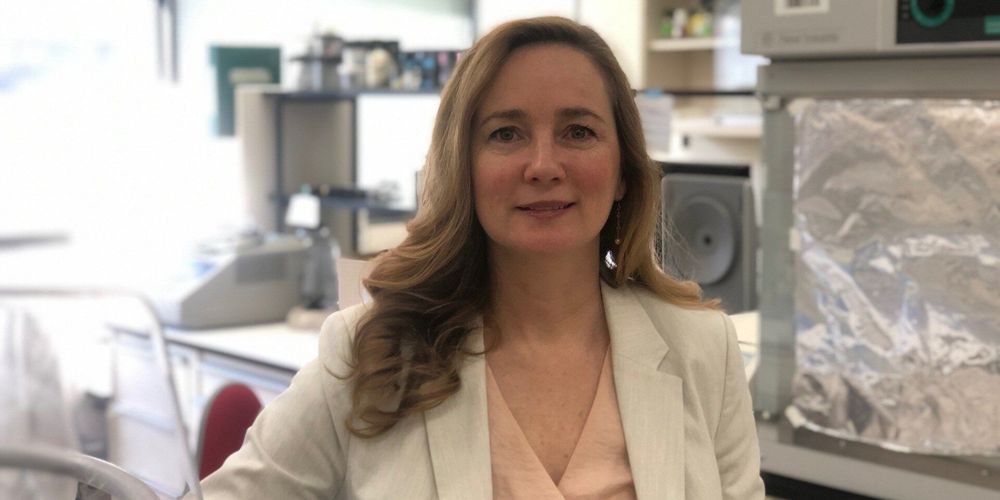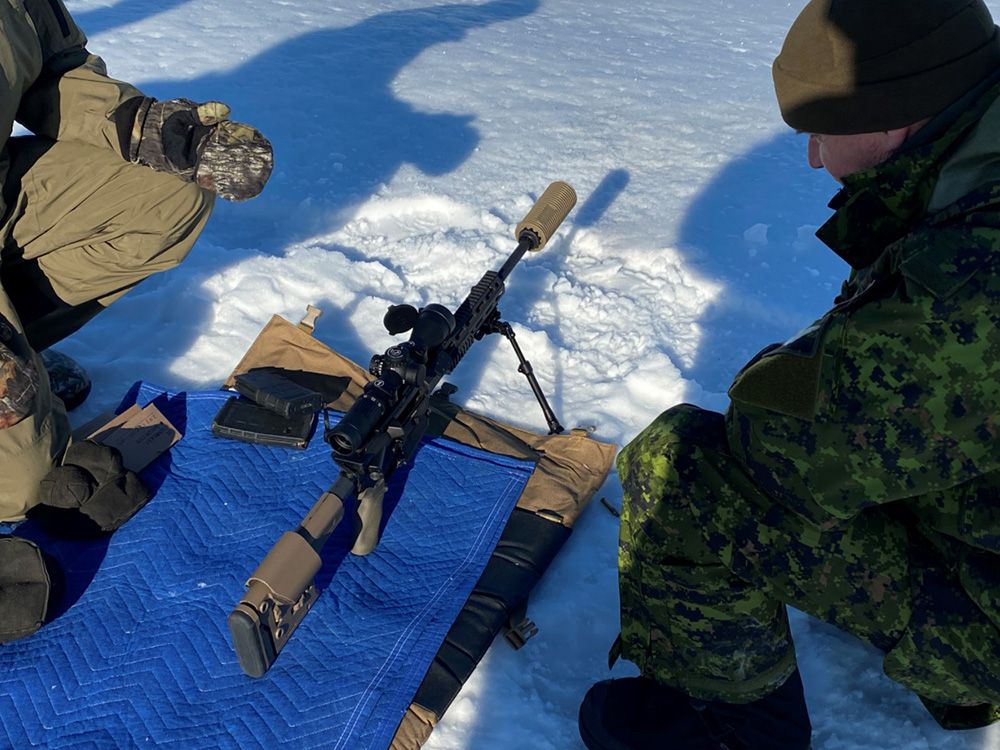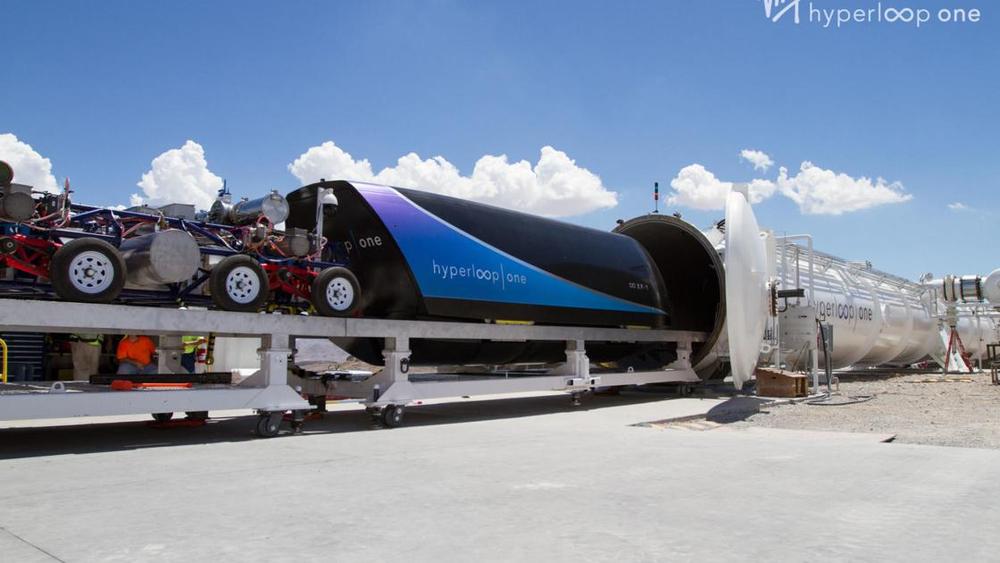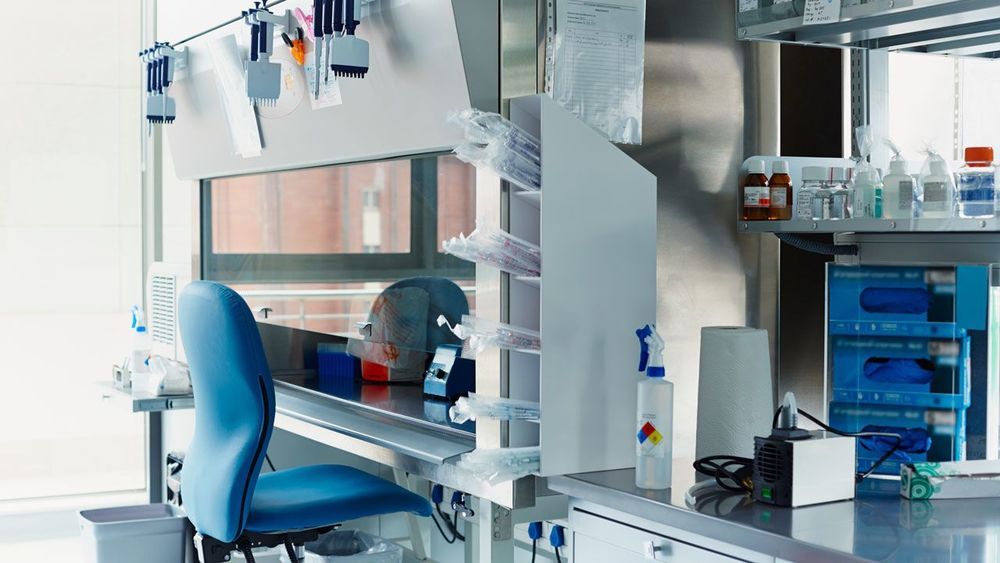Chinese President Xi Jinping pledged to make any coronavirus vaccine universally available once it’s developed, part of an effort to defuse criticism of his government’s response to a pandemic that has killed more than 315,000 people around the world.
In a speech on Monday to the World Health Assembly, the governing body of the Geneva-based World Health Organization, Xi called for greater international cooperation in fighting the pandemic. He also said China will provide $2 billion over two years to support the fight. Taiwan dropped a request to be included in the gathering after objections from Beijing.
